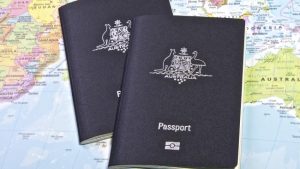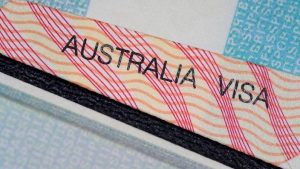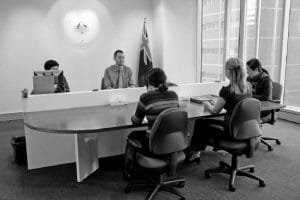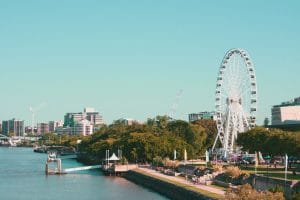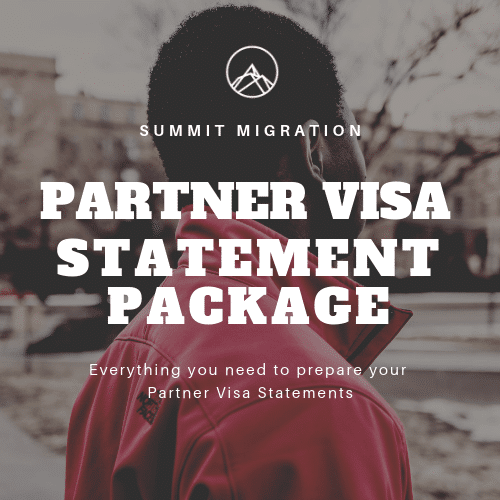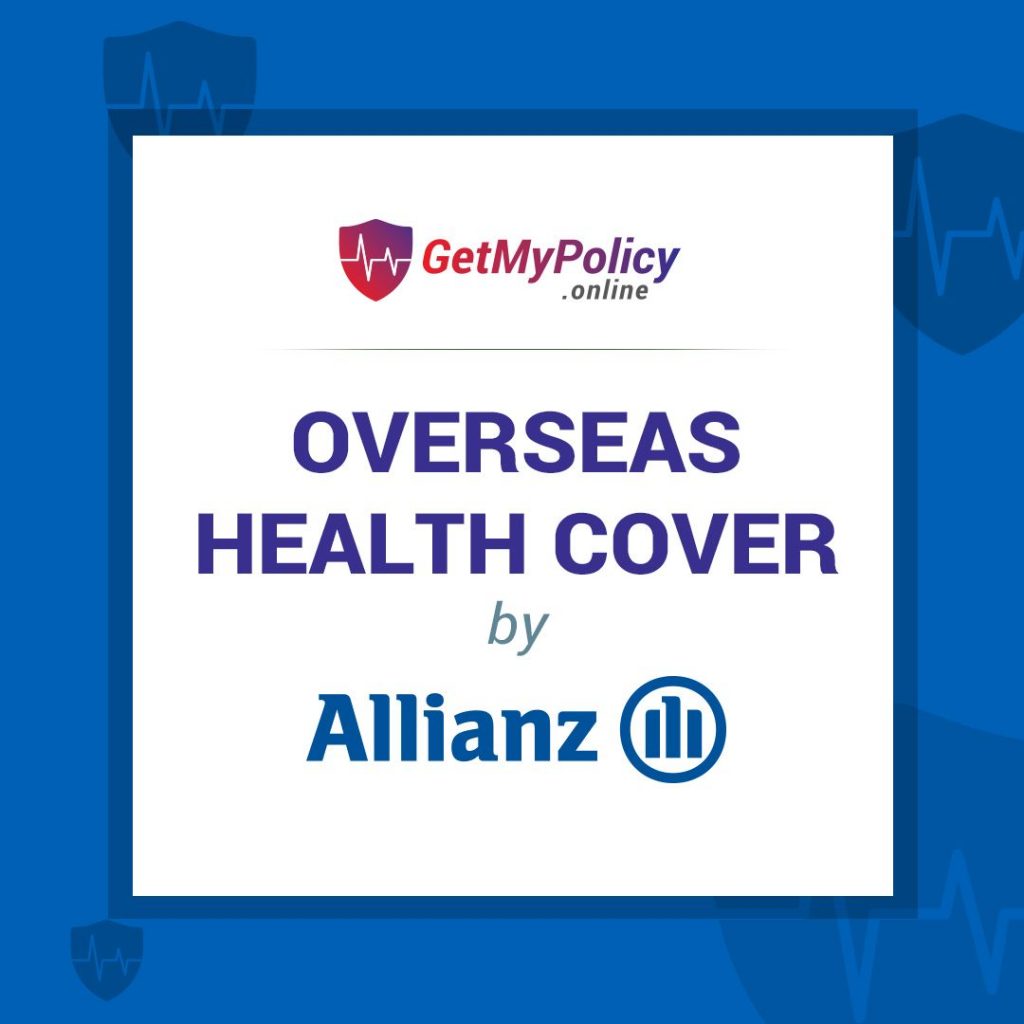
If you are outside of Australia and seek to apply for a protection visa, there are a number of pathways available. The three primary pathways are set out below:
In-country Special Humanitarian visa (Subclass 201)
This visa is for you if you are living in, and subject to persecution in, your home country, and have not been able to leave that country to seek refuge elsewhere.
Refugee visa (Subclass 200)
This visa is for you if you are outside Australia, are living outside your home country and are persecuted in your home country.
Global Special Humanitarian visa (Subclass 202)
This visa is for you if you are outside Australia, are living outside your home country, are subject to substantial discrimination amounting to a gross violation of your human rights in your home country, and are proposed by a person or organisation in Australia.
In-Country Special Humanitarian visa (Subclass 201)
ELIGIBILITY CRITERIA
You might be eligible for this visa if you are:
- are living in your home country
- are subject to persecution in your home country
- have not been able to leave that country to seek refuge elsewhere.
This is a permanent visa, which allows you to live and work in Australia as a permanent resident and have access to Medicare and Centrelink services.
If a member of your immediate family was granted this visa in the past five years, they can propose you for this visa under ‘split family’ provisions.
You must be outside Australia when you lodge your application and when your application is granted.
There is no base fee for applicants wishing to apply for a subclass 201 visa.
The Australian Government pays for:
- travel costs to Australia
- other costs before you leave for Australia, including medical examinations and cultural orientation.
Average visa processing time is 24 months from lodgement.
If you still have family in your country of origin you may be eligible to sponsor them under the split family provisions.
There is a priority system for countries under the In-country Special Humanitarian Visa.
Refugee visa (Subclass 200)
ELIGIBILITY CRITERIA
You might be eligible for this visa if you are:
- are living in your home country
- are subject to persecution in your home country
- have not been able to leave that country to seek refuge elsewhere.
This is a permanent visa, which allows you to live and work in Australia as a permanent resident and have access to Medicare and Centrelink services.
If a member of your immediate family was granted this visa in the past five years, they can propose you for this visa under ‘split family’ provisions.
You must be outside Australia when you lodge your application and when your application is granted.
There is no base fee for applicants wishing to apply for a subclass 201 visa.
The Australian Government pays for:
- travel costs to Australia
- other costs before you leave for Australia, including medical examinations and cultural orientation.
Global Special Humanitarian Visa (Subclass 202)
ELIGIBILITY CRITERIA
You might be eligible for this visa if you are living outside your home country, are subject to substantial discrimination which amounts to a gross violation of your human rights in your home country, and are proposed for this visa by a person or organisation in Australia.
This is a permanent visa, which allows you to live and work in Australia as a permanent resident and have access to Medicare and Centrelink services.
Applications for a Global Special Humanitarian visa (subclass 202) must be supported by an eligible proposer in Australia.
The proposer must be either:
- an Australian citizen
- an Australian permanent resident
- an organisation in Australia.
If a member of your immediate family was granted a Protection or Humanitarian visa in the past five years, they can also propose you for this visa under ‘split family’ provisions.
You and any eligible family members included in the application must be outside of Australia when you apply for this visa, and when the visa is granted.
There is no visa application charge for applicants wishing to apply for a subclass 202 visa.
You may also be required to pay other costs, such as the costs of health assessments, police certificates, or any other certificates or tests.
Average visa processing time is twelve months from lodgement.
There is a country priority system for applicant seeking entry under the Global Special Humanitarian visa program.
HOW WE CAN HELP YOU WITH YOUR OFFSHORE PROTECTION VISA
The agents at Summit Migration are experts in this area, specialising in drafting legal arguments that use country information, expert opinion and case law to give your application the best chance of success.
- We specialise in refugee matters and have in-depth knowledge of the Australian protection visa regime
- Years of experience preparing legal submissions supporting Refugee and Protection Visa Applications
- We have dealt with Refugee claims from over twenty countries.
- We take each case personally as we know how critically important these applications and appeals are to your future
Your protection visa application is the most important legal process you may ever be involved with. If you choose the right representative, you can give your claims the best chance of success.
If you have have a visa refusal, then the solicitors at Summit Migration may be able to assist. Find out more about appeals for visa refusals here. Alternatively, you may be eligible for Ministerial Intervention.
<

